Search
Remove Ads
Advertisement
Summary 
Loading AI-generated summary based on World History Encyclopedia articles ...
Search Results

Article
The Mayan Pantheon: The Many Gods of the Maya
The pantheon of the Maya is a vast collection of deities worshipped throughout the regions of Yucatan, Quintana Roo, Campeche, Tabasco, and Chiapas in Mexico and southward through Guatemala, Belize, El Salvador and Honduras. These gods informed...
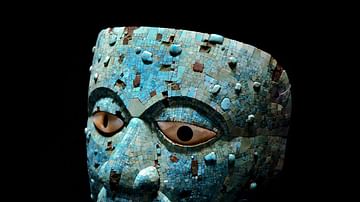
Definition
Xiuhtecuhtli - The Aztec God of Fire
Xiuhtecuhtli or 'Turquoise Lord' was the Aztec god of fire and also closely associated with young warriors and rulers. To the Maya he was known as Chac Xiutei. Xiuhtecuhtli was the patron of the day Atl (water) and the trecena period 1 Coatl...

Definition
Chichen Itza
Chichen Itza, located at the northern tip of the Yucatán Peninsula of modern Mexico, was a Maya city which was later significantly influenced by the Toltec civilization. Flourishing between c. 750 and 1200 CE, the site is rich in monumental...
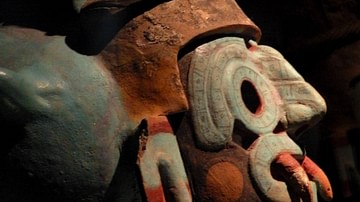
Definition
Tlaloc
Tláloc (pron. Tla-loc) is one of the most important and formidable gods in the Aztec pantheon. He was considered the god of rain, water, lightning and agriculture. Tlaloc was seen as both a benevolent god providing life-giving rain but also...
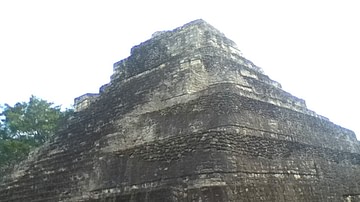
Definition
Chacchoben
Chacchoben (pronounced chac-CHO-bin) is a Maya site dated to c. 700 located in the state of Quintana Roo, Mexico. Once a large and significant urban religious center, the city was abandoned c. 900-950 CE at about the same time as the other...
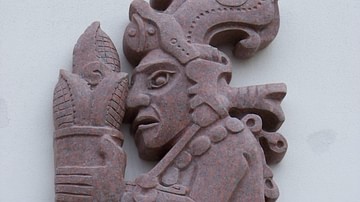
Article
Maya Food & Agriculture
For the Maya, reliable food production was so important to their well-being that they closely linked the agricultural cycle to astronomy and religion. Important rituals and ceremonies were held in honour of specialised workers; from beekeepers...
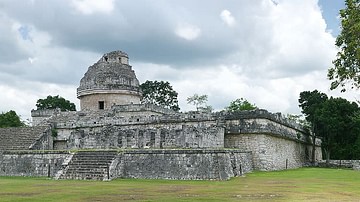
Article
Maya Religion: The Light That Came From Beside The Sea
The Mayan religious text, the Popol Vuh (known by many names, among them, The Light That Came From Beside The Sea) is the Quiche Maya story of creation translated into Spanish in the early 18th century CE by the missionary Francisco Ximenez...